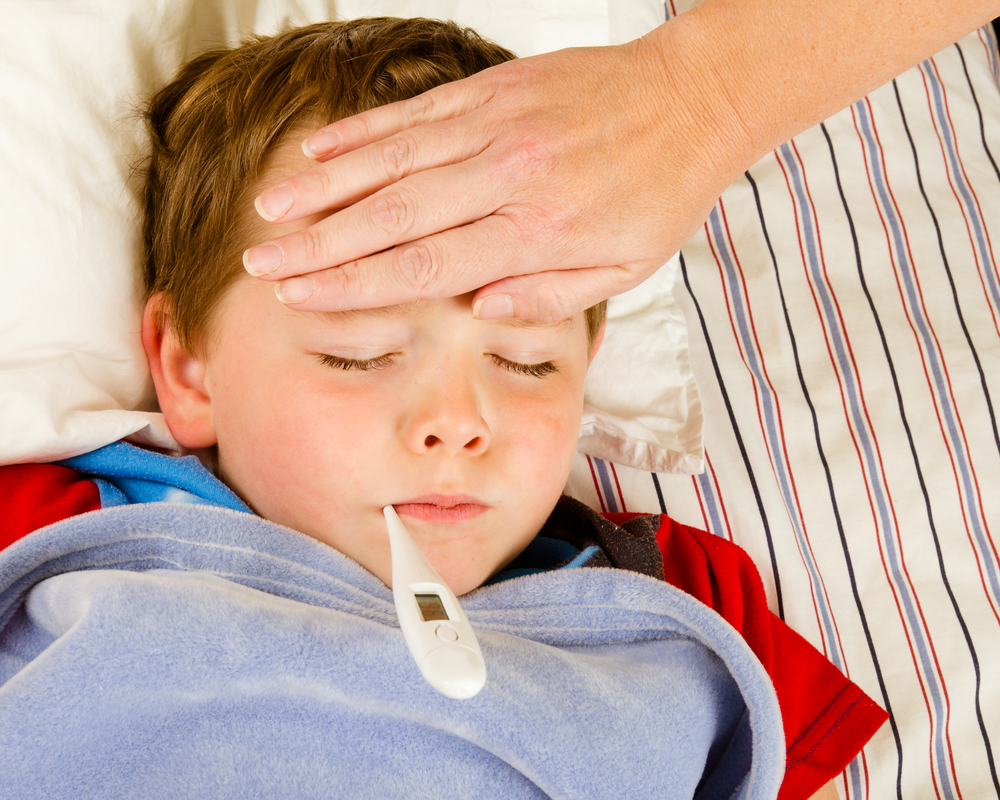Measles Vaccination Remains Important for Wyoming Residents
April 30, 2019

A Wyoming Department of Health (WDH) official says increased cases of measles in some areas of the United States show why vaccination is important, but extra vaccine doses or boosters for state residents are not currently needed.
There has not been a reported case of measles in Wyoming since 2010. However, more than 700 measles cases, the most since 1994, have been confirmed across the country this year by the federal Centers for Disease Control and Prevention (CDC). The majority involved unvaccinated people.
“Measles should be taken seriously, because it can sometimes lead to pneumonia, swelling of the brain known as encephalitis and death,” said Dr. Alexia Harrist, WDH state health officer and state epidemiologist.
“We are concerned about the growth in measles cases across the country, but believe no new or extra actions are needed in Wyoming at this point. We want people to follow the vaccination recommendations that are already in place,” Harrist said.
Harrist said measles begins in most people with fever, runny nose, cough, red eyes and sore throat, followed by a rash that spreads over the body.
“Measles is extremely contagious and easily spreads to others through coughing and sneezing,” Harrist said. “It is important to be up to date on vaccinations because anyone who is not protected against measles, including children too young to be vaccinated, could become infected with a serious disease.”
Experts recommend a safe and effective vaccine that provides protection against three diseases: measles, mumps, and rubella (MMR). Children should get one dose at 12 through 15 months old and then another at age 4 through age 6.
There are also specific recommendations for international travel:
- Infants 6-11 months old need one dose of measles vaccine.
- Children 12 months and older need two doses separated by at least 28 days.
- Teenagers and adults who do not have evidence of immunity against measles should get two doses separated by at least 28 days.
Evidence of immunity, or protection from measles, for adults involves:
- Written proof of one or more doses of a measles-containing vaccine for adults not at high risk or two doses for those at high risk.
- Birth before 1957
- Laboratory evidence of immunity
- Laboratory confirmation of measles
Adults who do not have evidence of immunity and who were born after 1957 should consider getting at least one dose of MMR vaccine. Adults at increased risk include college students, healthcare workers and international travelers. “People in this high-risk group should consider two doses if they do not have proof of immunity,” Harrist said.
“The CDC estimates 3 to 4 million people got measles each year in this country before our vaccination program began in 1963, with thousands of hospitalizations and hundreds of deaths,” Harrist said. “Vaccination against this serious disease has been quite successful.”
Measles is still common in many parts of the world including some countries in Europe, Asia, the Pacific and Africa. People in the United States still get measles in rare situations.
“Every year, unvaccinated people get measles during international travel, bring the disease into the United States, and spread it to others who are unvaccinated,” Harrist said. “Ongoing spread of the disease is a risk in communities with pockets of unvaccinated people and can lead to outbreaks.”
More information about measles is available from the CDC at https://www.cdc.gov/measles/index.html.
